Cats have always fascinated us with their mysterious behavior and elegant demeanor. As we delve into the world of cat genetics, recent breakthroughs are shedding light on the complexities of our feline friends. These discoveries are not only enhancing our understanding but also paving the way for potential improvements in cat health and breeding practices. Let’s explore the top ten recent breakthroughs in cat genetics research that are captivating the attention of scientists and cat lovers alike.
The Unraveling of the Cat Genome
The complete mapping of the domestic cat genome has been a monumental achievement in feline genetics. Scientists have been able to identify over 20,000 genes in cats, which is comparable to the number found in humans. This vast genetic blueprint is helping researchers pinpoint the genetic basis of various feline diseases and traits. By understanding the genetic makeup of cats, we can better comprehend their behavior, health, and evolution. This breakthrough is a significant step forward in genetic research, providing a powerful tool for studying inherited diseases and developing targeted treatments.
Decoding Feline Fur Patterns
One of the most intriguing aspects of cats is their diverse coat patterns. Recent genetic studies have identified specific genes responsible for these patterns, such as the “tabby” gene. This gene is linked to the distinctive striped, spotted, or swirled patterns seen in many domestic cats. Understanding how these patterns develop can provide insights into the evolutionary advantages they may offer. For example, certain patterns might have helped wild ancestors camouflage in their natural habitats. This research not only satisfies our curiosity about feline aesthetics but also deepens our understanding of evolutionary biology.
Genetic Insights into Cat Behavior
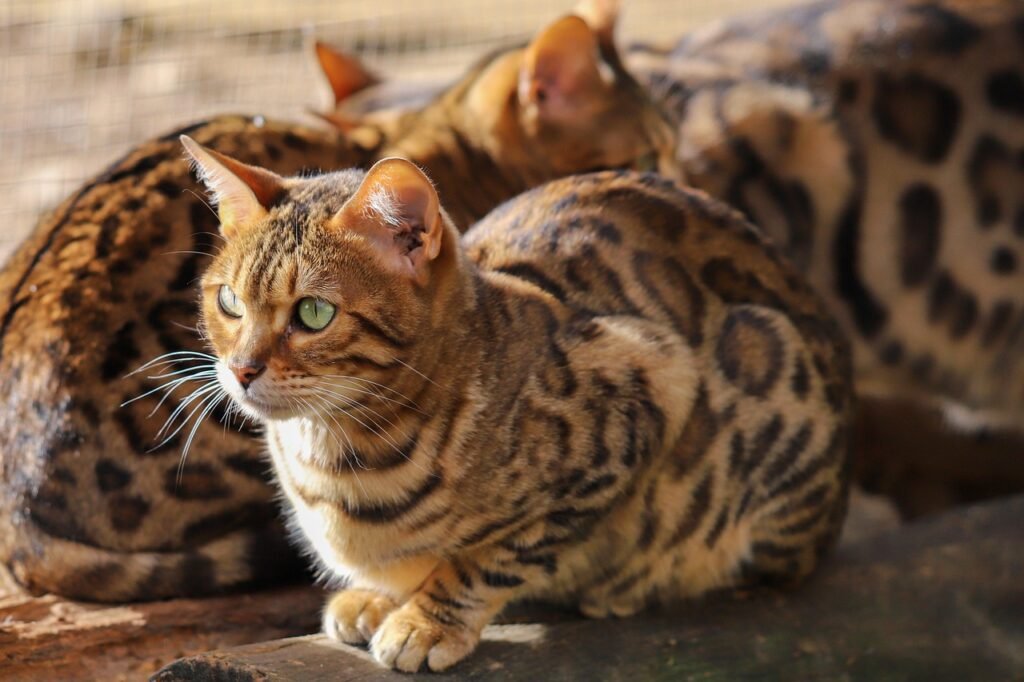
Behavioral genetics is a growing field, and recent studies are beginning to identify genes associated with specific cat behaviors. Researchers have discovered genetic variations linked to social behavior, hunting instincts, and even vocalization patterns. These findings suggest that certain behaviors may be deeply rooted in a cat’s genetic code. By studying these genes, we can gain insights into why cats exhibit particular behaviors and how these traits have evolved over time. This knowledge can also assist cat owners in better understanding and managing their pets’ behavior.
Feline Longevity and Health
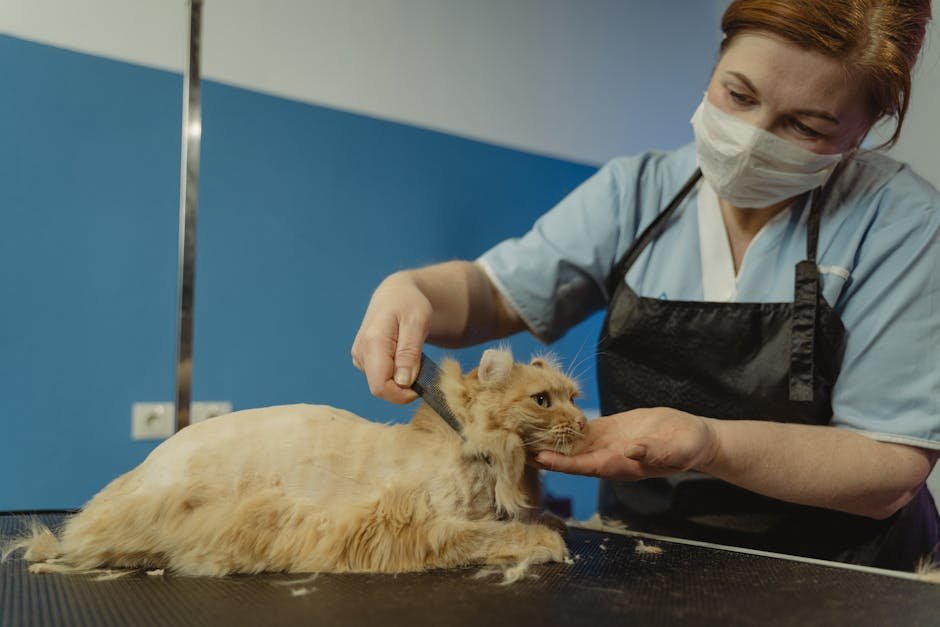
Genetic research is uncovering the secrets to feline longevity and health. Scientists have identified specific genes that may influence a cat’s lifespan and susceptibility to diseases. By understanding these genetic factors, researchers hope to develop strategies for extending the healthy lifespan of cats. This research also has implications for improving the quality of life for aging cats by identifying potential interventions for age-related health issues. As we learn more about the genetics of longevity, we may find ways to help our feline companions live longer, healthier lives.
Understanding Feline Infectious Diseases
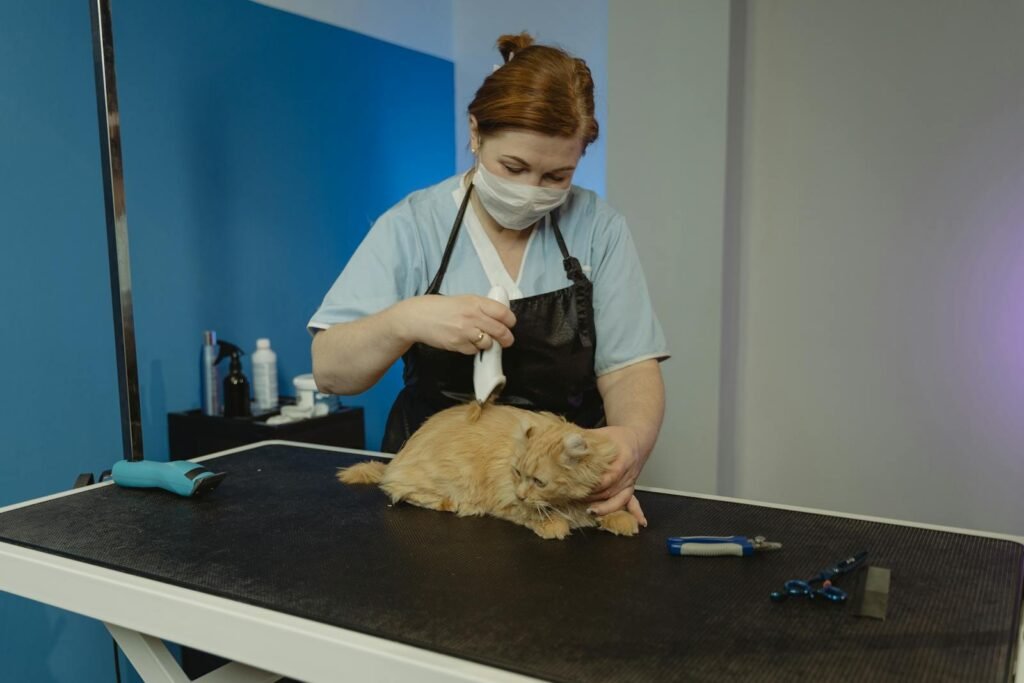
Infectious diseases pose a significant threat to cat populations worldwide. Recent genetic studies have focused on identifying genes that contribute to susceptibility or resistance to these diseases. For example, researchers have discovered genetic markers associated with feline immunodeficiency virus (FIV) resistance. By understanding these genetic factors, scientists aim to develop vaccines and treatments that can protect cats from infectious diseases. This research is crucial for safeguarding the health of domestic and wild cat populations alike.
The Role of Genetics in Cat Breeding
Cat breeding has long been a practice driven by aesthetic and temperament goals. However, recent genetic research is transforming the way breeders approach their work. By understanding the genetic basis of specific traits, breeders can make informed decisions to promote desirable characteristics while minimizing the risk of genetic disorders. This knowledge is helping to create healthier and more diverse cat populations. Additionally, genetic testing is becoming a valuable tool for breeders to ensure the health and well-being of future generations of cats.
Feline Genetic Disorders and Their Management
Genetic disorders can have a significant impact on a cat’s health and quality of life. Recent research has identified numerous genetic mutations responsible for various feline disorders, such as polycystic kidney disease and hypertrophic cardiomyopathy. By understanding the genetic basis of these conditions, veterinarians can develop targeted diagnostic tests and treatment plans. This research is improving the ability to diagnose and manage genetic disorders in cats, ultimately enhancing their quality of life and reducing suffering.
The Influence of Genetics on Feline Nutrition
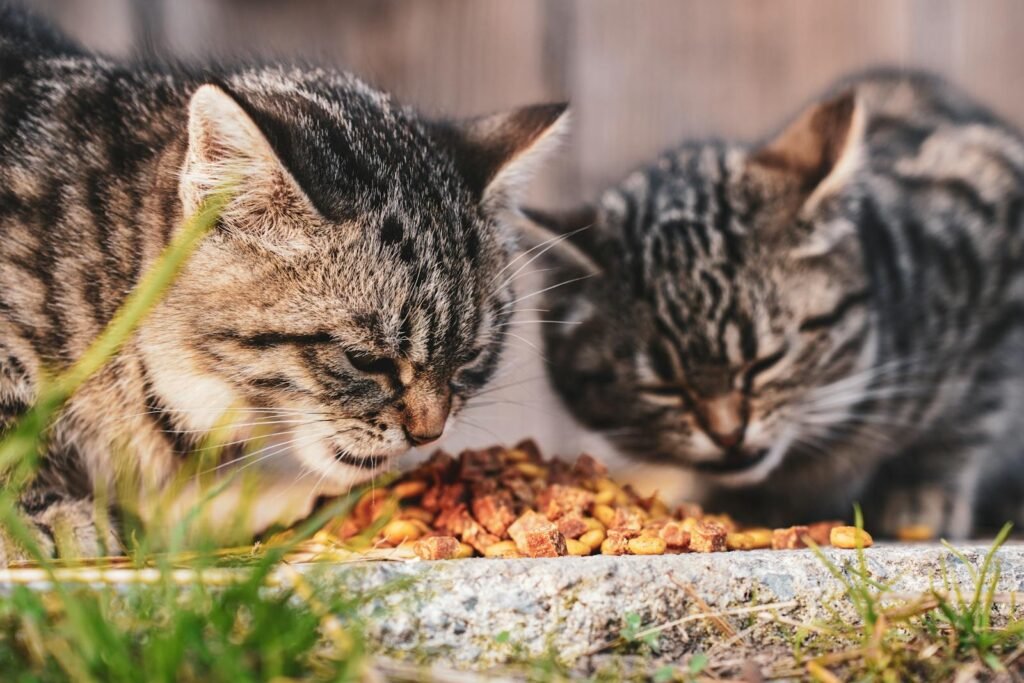
Nutrition plays a crucial role in a cat’s overall health and well-being. Recent studies have explored the genetic factors that influence a cat’s dietary needs and preferences. For instance, researchers have identified genes related to taste perception and nutrient metabolism. This knowledge is helping to develop personalized nutrition plans that cater to a cat’s unique genetic makeup. By understanding the genetic basis of feline nutrition, pet owners can make informed choices about their cat’s diet, promoting optimal health and longevity.
Advancements in Feline Genetic Testing
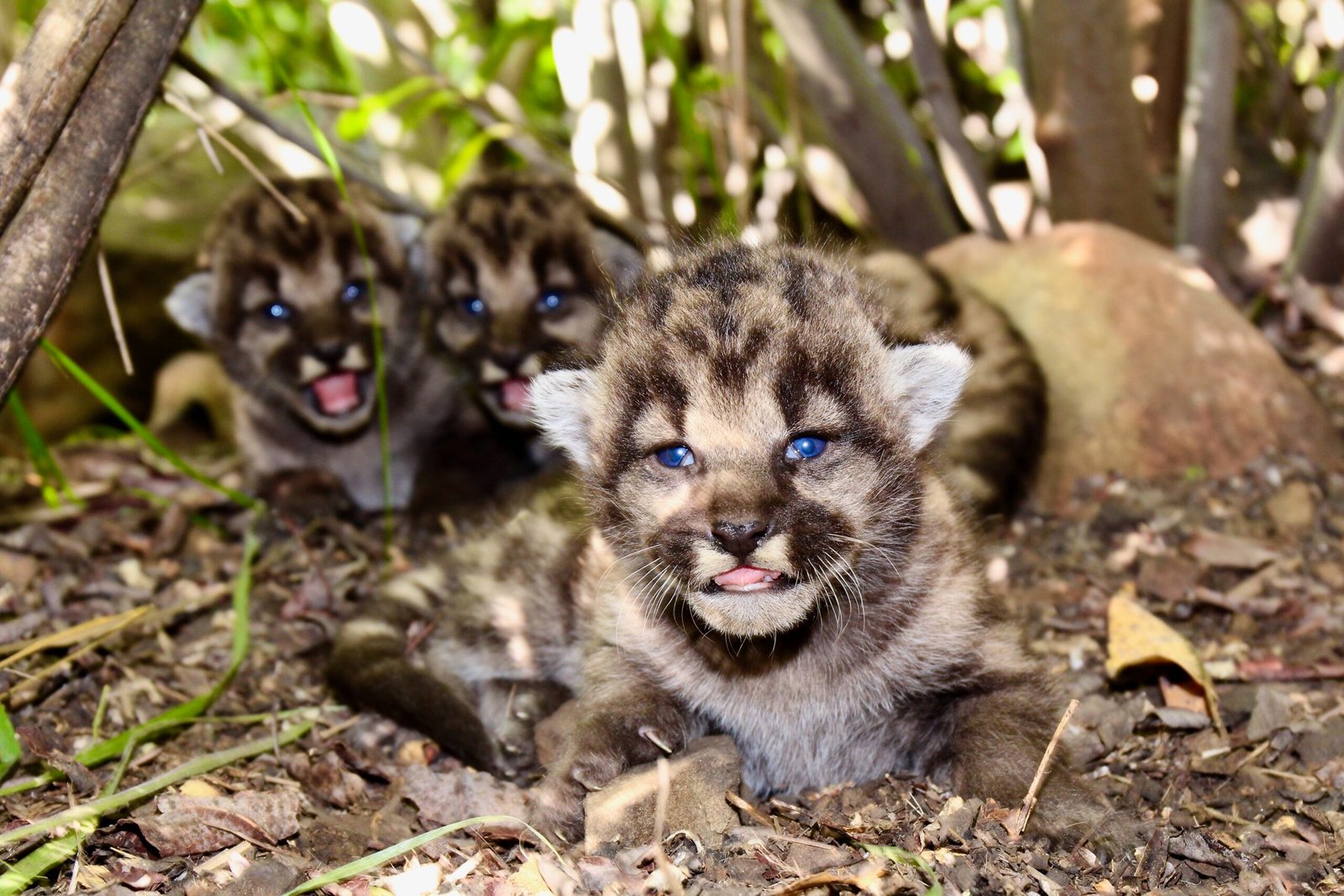
Genetic testing has become an invaluable tool for cat owners and breeders alike. Recent advancements in this field have made genetic testing more accessible and affordable. These tests can identify genetic predispositions to certain diseases, helping cat owners take preventive measures to protect their pets’ health. Additionally, genetic testing can provide insights into a cat’s ancestry and breed composition, offering a deeper understanding of their unique genetic heritage. As this technology continues to advance, it is becoming an essential resource for responsible cat ownership and breeding.
The Future of Cat Genetics Research

The field of cat genetics is rapidly evolving, with new discoveries constantly emerging. Researchers are exploring cutting-edge technologies, such as CRISPR gene editing, to further our understanding of feline genetics. These advancements hold the potential to revolutionize the way we approach cat health, breeding, and conservation. The future of cat genetics research promises exciting possibilities, from developing new treatments for genetic disorders to enhancing our understanding of feline biology. As we continue to unlock the secrets of the cat genome, our bond with these beloved companions will only grow stronger.
In summary, the recent breakthroughs in cat genetics research are providing valuable insights into the biology, behavior, and health of our feline friends. From unraveling the mysteries of the cat genome to advancing our understanding of genetic disorders, these discoveries are paving the way for a brighter future for cats and their human companions.
Hi, I’m Bola, a passionate writer and creative strategist with a knack for crafting compelling content that educates, inspires, and connects. Over the years, I’ve honed my skills across various writing fields, including content creation, copywriting, online course development, and video scriptwriting.
When I’m not at my desk, you’ll find me exploring new ideas, reading books, or brainstorming creative ways to solve challenges. I believe that words have the power to transform, and I’m here to help you leverage that power for success.
Thanks for stopping by, Keep coming to this website to checkout new articles form me. You’d always love it!






